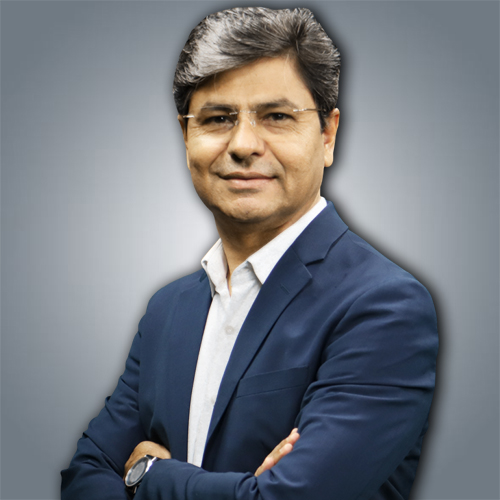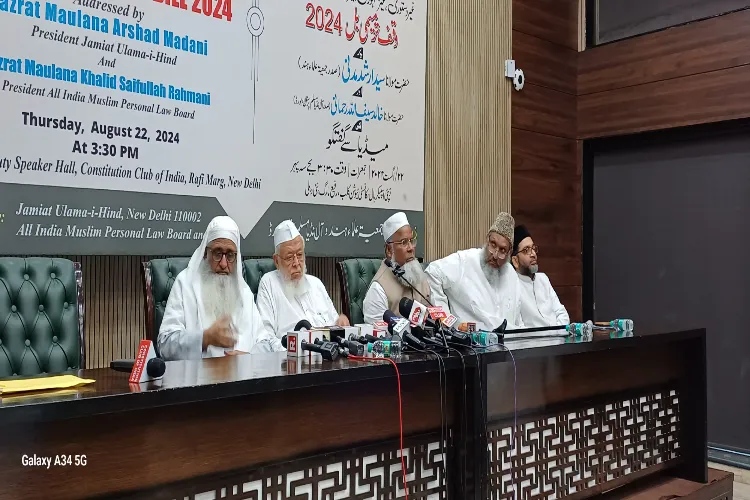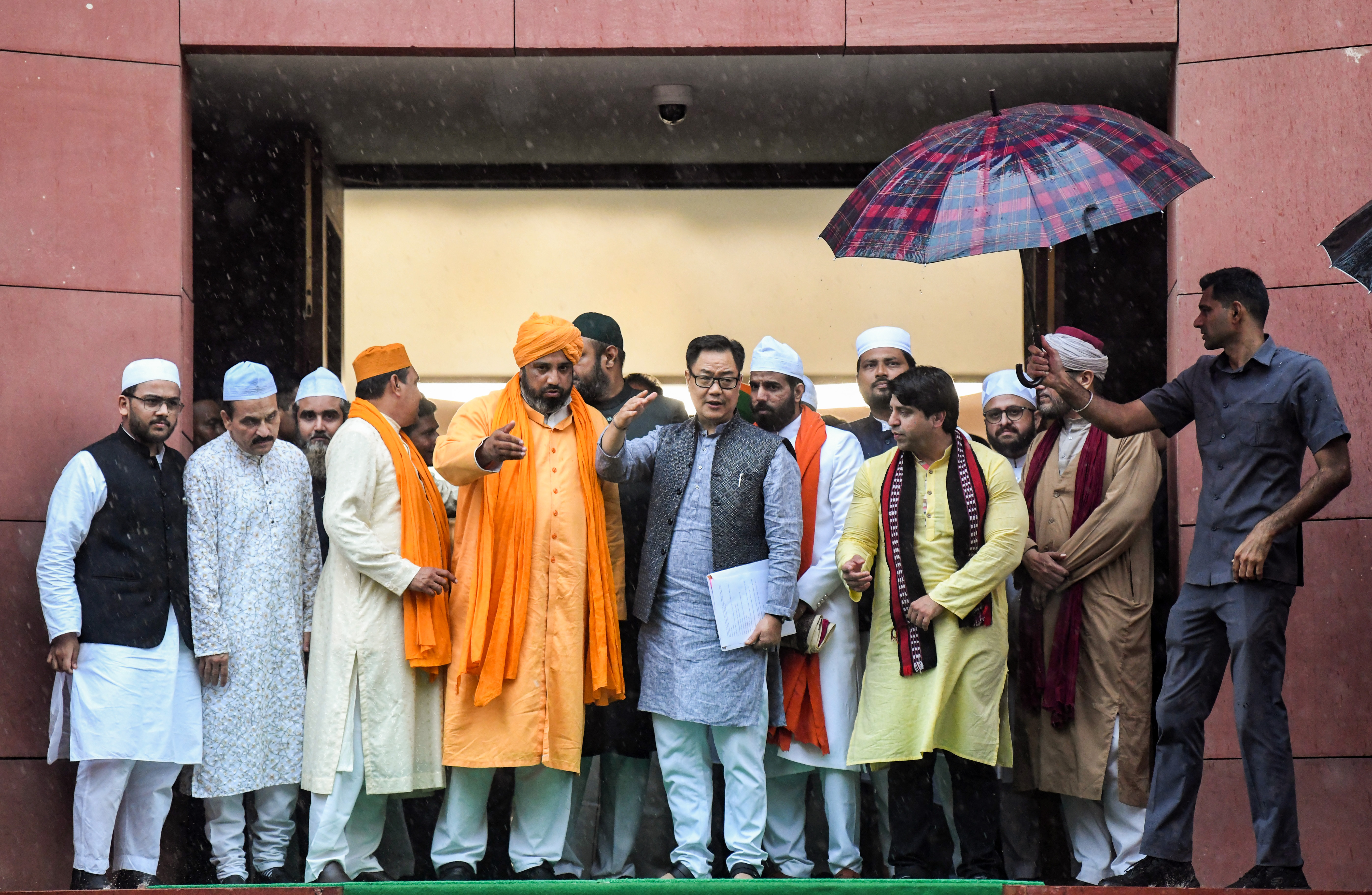.webp)
 Atir Khan
Atir Khan
Some people believe that Indian Muslims are not compatible with democracy as they are unable to differentiate between religion and politics. This assumption is not true. However, at times, the approach of the community leaders to address issues in a democratic setup is often unwarranted.
Indian Muslims are unique; unlike the Muslims in the rest of the world who are largely okay with being governed by authoritarian governments. The Indian Muslims have by choice adapted to the Indian democratic system, which gains its strength from the country’s ancient civilizational values.
However, often Indian Muslim leaders up the ante in sensitive matters that often become counter-productive and do no good to the community.
Take for instance the overreaction at the time of the introduction of the Waqf Amendment Bill 2024 in the Parliament. Even before the draft of the proposed law was made public, some leaders raised alarm bells and opposed it vehemently.
India’s democracy gives everyone the right to express and even protest against injustices. However, there should be a method in madness; Protests should be done selectively. What’s the point of protesting when the matter is already under consideration by the Joint Committee of Parliament?
 All India Muslim Personal Law Board (AIMPLB) members speaking to the media against the Waqf Bill
All India Muslim Personal Law Board (AIMPLB) members speaking to the media against the Waqf Bill
A joint group of Muslim organizations held a press conference in New Delhi on August 22 to express their unhappiness over the introduction of the Waqf Amendment Bill, 2024 in the Lok Sabha. It happened after the Bill was extensively debated in the Parliament and referred to the JPC.
It may be noted that Kiren Rijiju, the minister for Minority Affairs, on the floor of the House reassured the community that the bill is in the interest of the Muslims. One may understand that since he belongs to the BJP, his remarks would be seen with ‘suspicion.’ What about the Opposition leaders from different parties who firmly stood as advocates for the community?
What happened on the day the Bill was introduced in the Parliament should make every Indian proud. The proceedings that day showed the true character of India’s robust democracy and its secular nature. As a result, the Speaker referred the Bill to the JPC for further consultations.
Jagadambika Pal, the chairman of the JPC, assured that all interested parties will be invited to give their suggestions before the draft is finalized and returned to the House.
The right approach for the Muslim leaders would have been giving a collective representation to the Committee so that their concerns could be understood and addressed.
There is a need to understand that mere protests or skepticism will not help the Indian Muslim community in any way; rather it will only sour the relations, and create mistrust between the communities, which have been living together for centuries.
With all humility, it would not be wrong to say at times respected Indian Muslim leaders appear to be out of sync and their actions do not converge with effective democratic practices. Such actions also undermine the efforts which the opposition leaders take on behalf of the community.
Democracy is an inherent feature of Islam. Prophet Mohammad always took a democratic approach while making crucial decisions; he always believed in consultations with his companions. Indian Muslims need to internalize democracy; a democracy that promises good governance.
 Minister for Minority Affairs Kiren Rijiju with Muslim leaders in Parliament
Minister for Minority Affairs Kiren Rijiju with Muslim leaders in Parliament
No religion is compatible with democracy. Religion is about absolute truths while democracy is about the relative truth of people. Religion and democracy work best when religions accept a compromise to adapt themselves to popular sovereignty -that is the will of the people of a country.
Worldwide a new generation of Islamic intellectuals is talking about the importance of the ways to accommodate popular sovereignty in religion. And co-exist between god’s words and human will in the political process. Indian Muslim leaders need to practice longevity. The rule of law should be their paramount endeavour.
Rampant corrupt practices exist in the management of the Waqf properties today. An ordinary Muslim would be more than happy if these corrupt practices were eliminated from the system. This would benefit the entire community and the country at large. It is true that collectively the community has failed to address Waqf issues effectively.
The logical question then arises should the Government of the day be stopped from curbing corrupt practices just because they have not been properly addressed earlier?
The provisions of the existing bill indeed have certain major anomalies which need to be reviewed. For example, it is silent on how illegal possession of the Waqf properties including that by government bodies on Waqf land will be settled. Also, the provisions have disparity as far as assigning Waqf board members from other faiths is concerned. What's good for the goose is good for the gander.
ALSO READ: Waqf Boards in South India are well managed: Syed Mahmood Akhtar
One thing is for sure the approach to addressing Muslim-related issues needs to be reviewed for its effectiveness. Consultation is the way forward.
